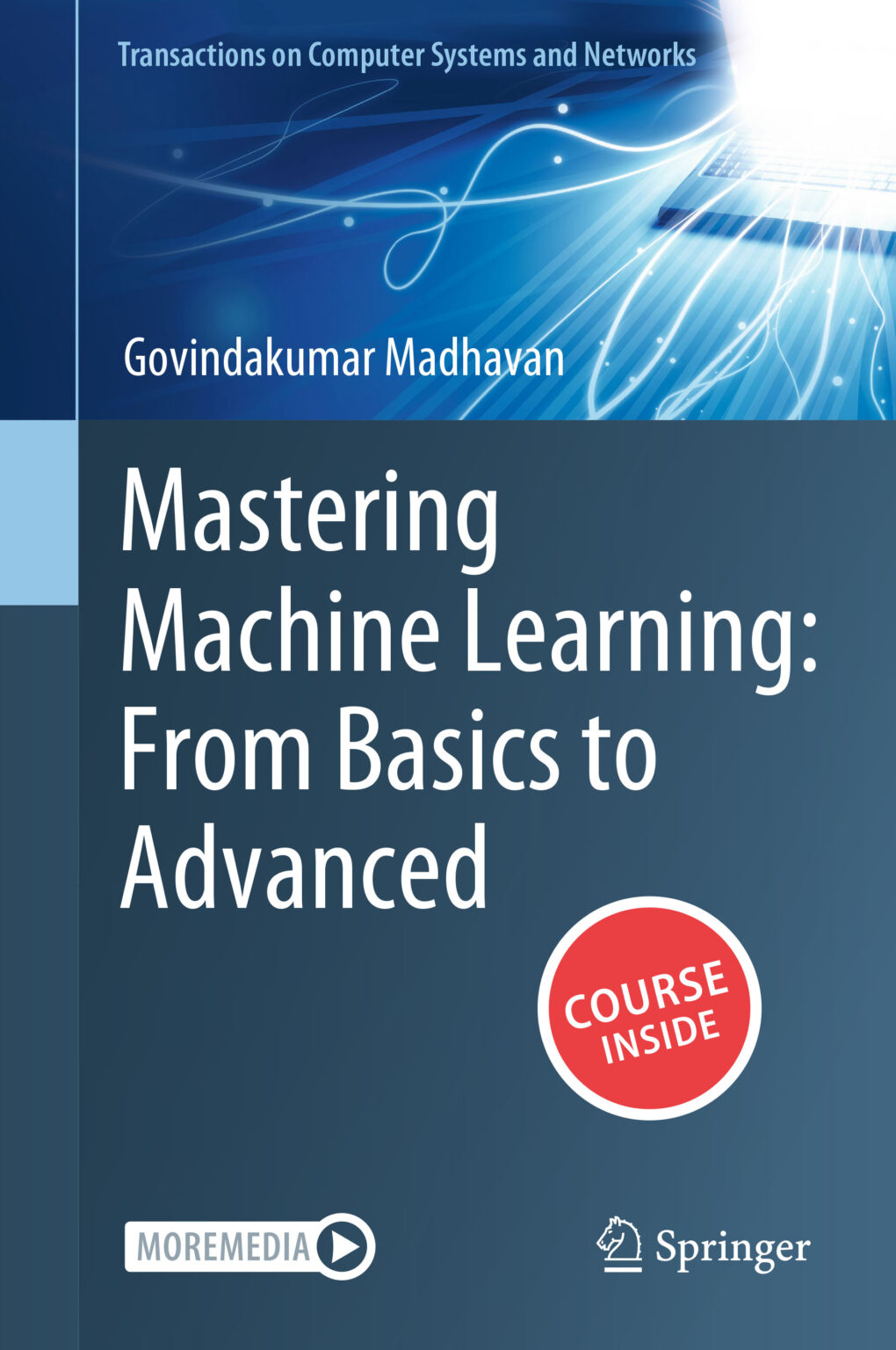Springer Nature book on machine learning is full of made-up citations -- Retraction Watch
https://retractionwatch.com/2025/06/30/springer-nature-book-on-machine-learning-is-full-of-made-up-citations/
Would you pay $169 for an introductory ebook on machine learning with citations that appear to be made up?
If not, you might want to pass on purchasing Mastering Machine Learning: From Basics to Advanced, published by Springer Nature in April.

Based on a tip from a reader, we checked 18 of the 46 citations in the book. Two-thirds of them either did not exist or had substantial errors. And three researchers cited in the book confirmed the works they supposedly authored were fake or the citation contained substantial errors.
“We wrote this paper and it was not formally published,” said Yehuda Dar, a computer scientist at Ben-Gurion University of the Negev, whose work was cited in the book. “It is an arXiv preprint.” The citation incorrectly states the paper appeared in IEEE Signal Processing Magazine.
Aaron Courville, a professor of computer science at Université de Montréal and coauthor on the book Deep Learning, was correctly cited for the text itself, but for a section that “doesn’t seem to exist,” he said. “Certainly not at pages 194-201.” And Dimitris Kalles of Hellenic Open University in Greece also confirmed he did not write a cited work listing him as the author.
The researcher who emailed us, and asked to remain anonymous, had received an alert from Google Scholar about the book, which cited him. While his name appeared on multiple citations, the cited works do not exist.
Nonexistent and error-prone citations are a hallmark of text generated by large language models like ChatGPT. These models don’t search literature databases for published papers like a human author would. Instead, they generate content based on training data and prompts. So LLM-generated citations might look legitimate, but the content of the citations might be fabricated.
. . .
The same day Behrendt replied to our query, Springer Nature published a post on its blog titled, “Research integrity in books: Prevention by balancing human oversight and AI tools.”
“All book manuscripts are initially assessed by an in-house editor who decides whether to forward the submission to further review,” Deidre Hudson Reuss, senior content marketing manager at the company, wrote. “The reviewers – subject matter experts – evaluate the manuscript’s quality and originality, to ensure its validity and that it meets the highest integrity and ethics standards.”
It is easy to believe that there are intentional efforts being made to discredit science and rational thinking.
